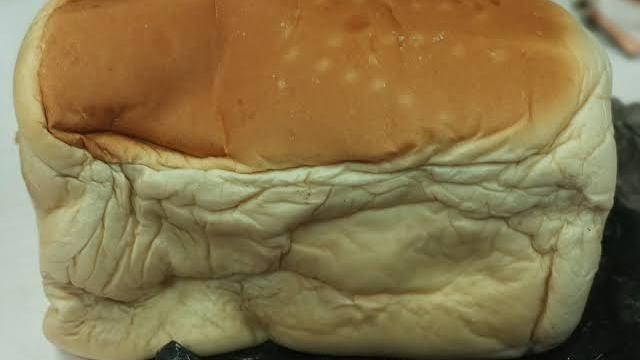Di National Bureau of Statistics (NBS) wey dey give official data for Nigeria, release di inflation figure for March 2024, and e show say inflation rise to 33.20% from 31.70% from February 2024.
Dis dey come despite di fact say di naira don dey appreciate consistently against di dollar in di past month, sotay, some bureau de change operators dey exchange am for below N1000 for one dollar.
In February, $1 dey exchange for almost N2000 for di black market, but sake of some measures wey di Central Bank of Nigeria put in place, di naira don gain.
However, people dey wonder why dis developments no dey affect di price of goods in di market, especially food items.
According to NBS, food inflation for di month of March 2024 dey over 40%, as against di 24.45% e bin dey for March 2023.
David Onyekwere, wey be farmer and agripreneur tell BBC Pidgin say “di dollar no be di only tin wey dey determine di price of food for Nigeria”.
“Di major reason why food dey cost, and e go still dey high for some time na: insecurity and lack of infrastructure,” Onyekwere tok.
“Many farmers no dey fit go harvest dia crop for inside bush sake of insecurity. Some of dem need to pay bandits bifor dem go fit access dia farms. So dem go put all dis expenses on top wen dem wan sell.
“Also, bicos fewer farmers dey fit go harvest crops, di demand for food products dey too much pass supply and e follow dey contribute to high prices.”
Onyekwere also tok say many roads wey dey connect di food producing communities to popular markets, no good, and e dey make logistics to go up.
“As for di issue of naira and dollar, remember say dis tin start around May and June of 2023 wey be di peak planting season. Many farmers bin don buy dia planting materials very costly at dat time sake of di naira depreciation. So dem need to factor am in wen dem dey sell dia products,” e tok.
“However, if naira continue to dey gain like dis, food prices fit come down towards di end of 2024 and early 2025, bicos farmers wey dey plant now dey buy dia materials a bit cheaper.”
Dr Okey Okere, wey bi economist and financial analyst also agree say, “e go take small time bifor we go see a reduction in prices”.
“If person don already buy tins for sale wen di dollar dey for N1500, and now dollar don fall to N1000, di pesin go still dey sell im market at high price make e for recoup im money. So na small small bifor prices go come down,” Dr Okere tok.
On di long run, Okere add, even after prices don dey drop, Nigeria inflation no dey likely to drop below 12%.
“For a developing economy like our own, to achieve a single digit inflation na big big achievement, and e go require plenty prudent work on di part of goment to achieve dat.”
For Aboderin Gboyega, wey bi baker for Lagos, im tok say even though di price of products like flour don reduce, pipo still dey monitor di fluctuations.

Gboyega tok say di price of flour come down from N75,000 a bag to about N65,000 now, “but instead of rushing to reduce di price, wetin we do na to inform our customers say we go add extra 50 grams to di weight of our bread”.
“Dat way, dem dey get more quality and quantity for di same amount of money wey dem bin dey pay,” e tok.
“Why we do am like dat be say, you gatz monitor di markets and study how flour price dey fluctuate. You no go fit afford to dey lower and dey increase prices anyhow, make your competitors no go push you comot for market.”







